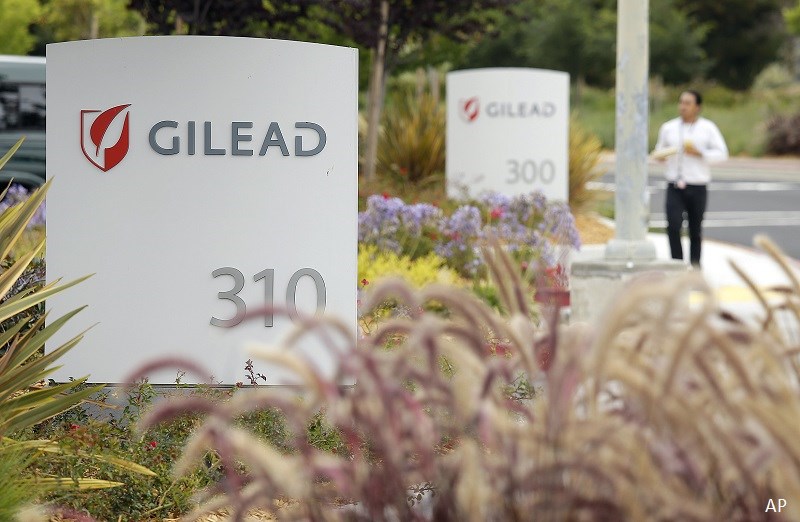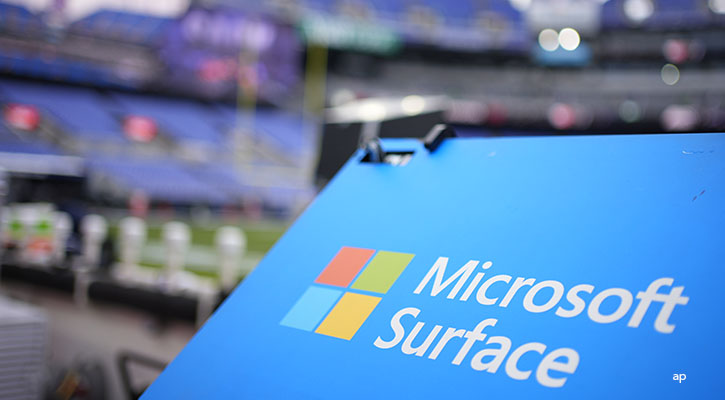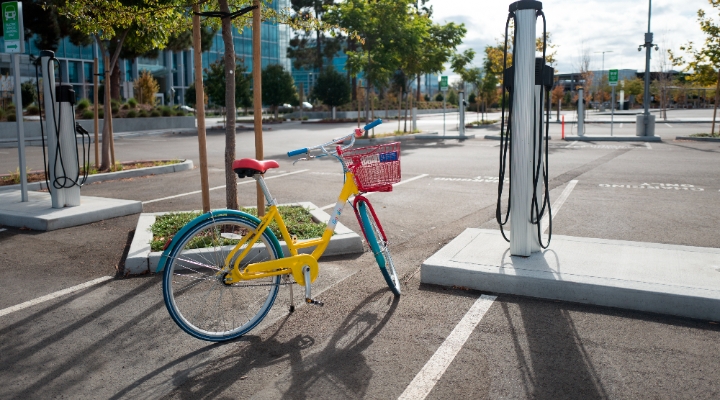
Gilead (GILD) shares rose on April 29 following two new (and positive) pieces of information surrounding SARS-CoV-2 drug candidate remdesivir and publication of data from one failed study, and we're slightly raising our Gilead fair value estimate to $83 (from $82) as we now incorporate a 100% probability of remdesivir approval and a 60% probability the drug could be used for future stockpiling. We see imminent emergency use authorization from the Food and Drug Administration and full FDA approval by mid-year, which we think is supported by tweets from former FDA commissioner Scott Gottlieb that the drug meets or exceeds EUA standards, as well as comments from the NIH's Anthony Fauci that the data is "good news." This raises our 2021 assumption for sales of the drug to more than $2 billion, with much smaller sales assumed in 2020 (less than $500 million) due to the extensive donations of Gilead's initial drug supply. While remdesivir is an example of the sort of innovative antiviral medicines coming from Gilead's pipeline, which has created a portfolio of HIV and hepatitis C drugs that support a wide moat, we don't think the drug has yet demonstrated that it will have a large and sustained impact on Gilead's future cash flows.
This is the latest update in the roller coaster of remdesivir-related news, following the April 23 leaked draft of disappointing data from a controlled but incomplete study in severe patients in China (now published in the Lancet), the April 17 leak of positive University of Chicago experiences with the now-disclosed Simple study, and the April 10 publication of encouraging (but uncontrolled) data from U.S. compassionate use patients. Data from Gilead's controlled study in moderate patients should be available by the end of May.
Passionate about investing in new ideas?
Explore the latest Global Thematic Fund Landscape report here





.jpg)















